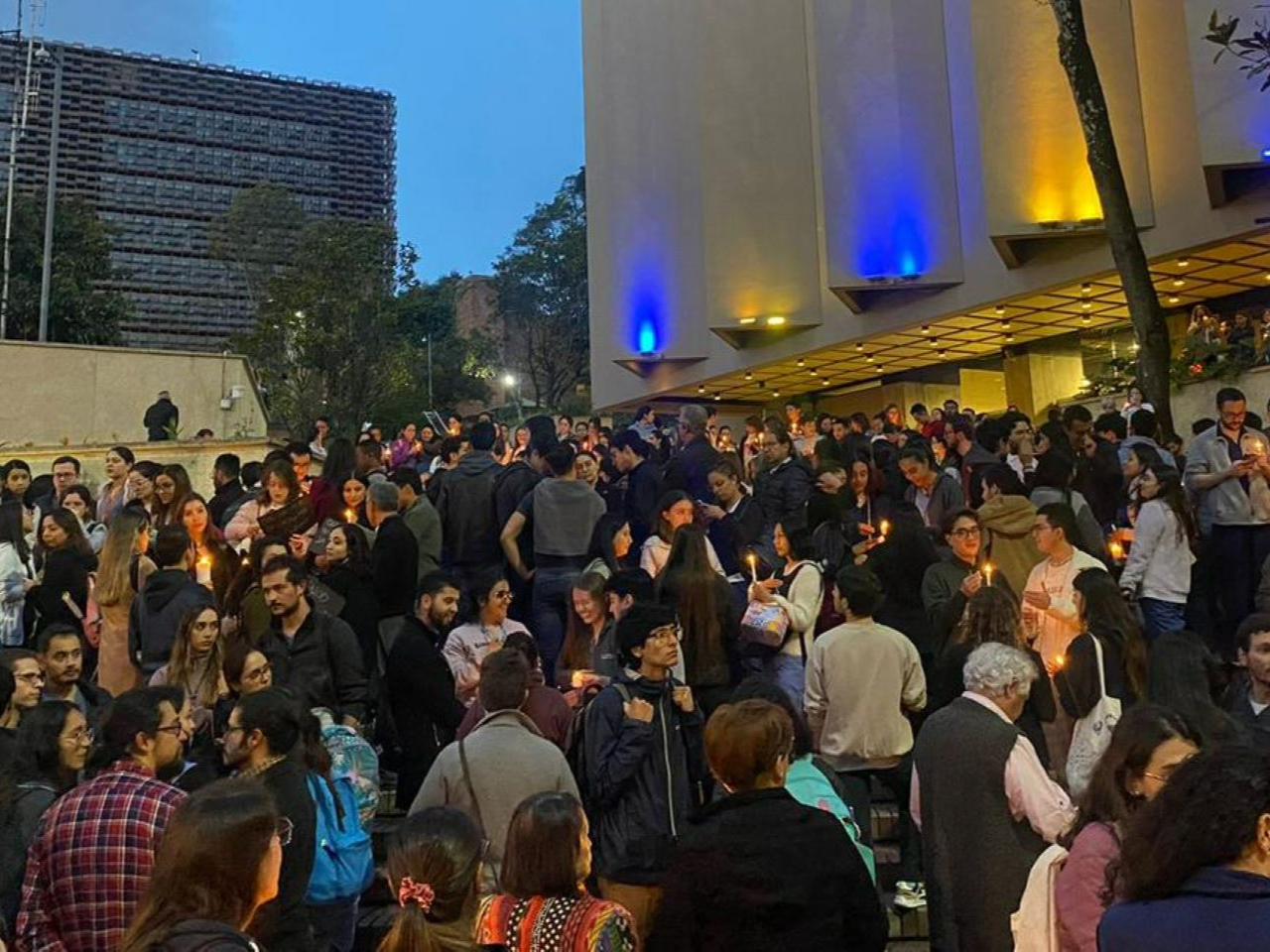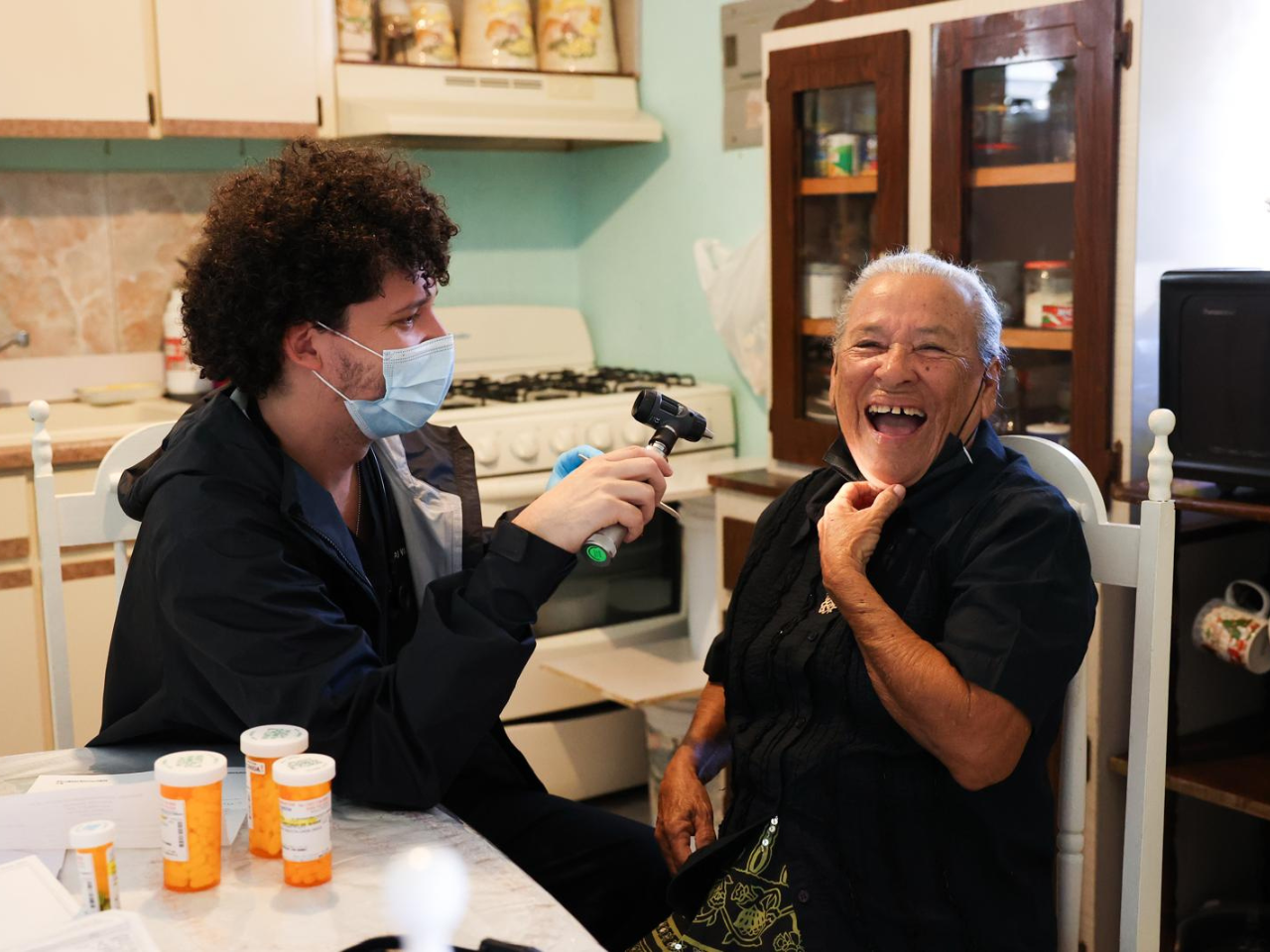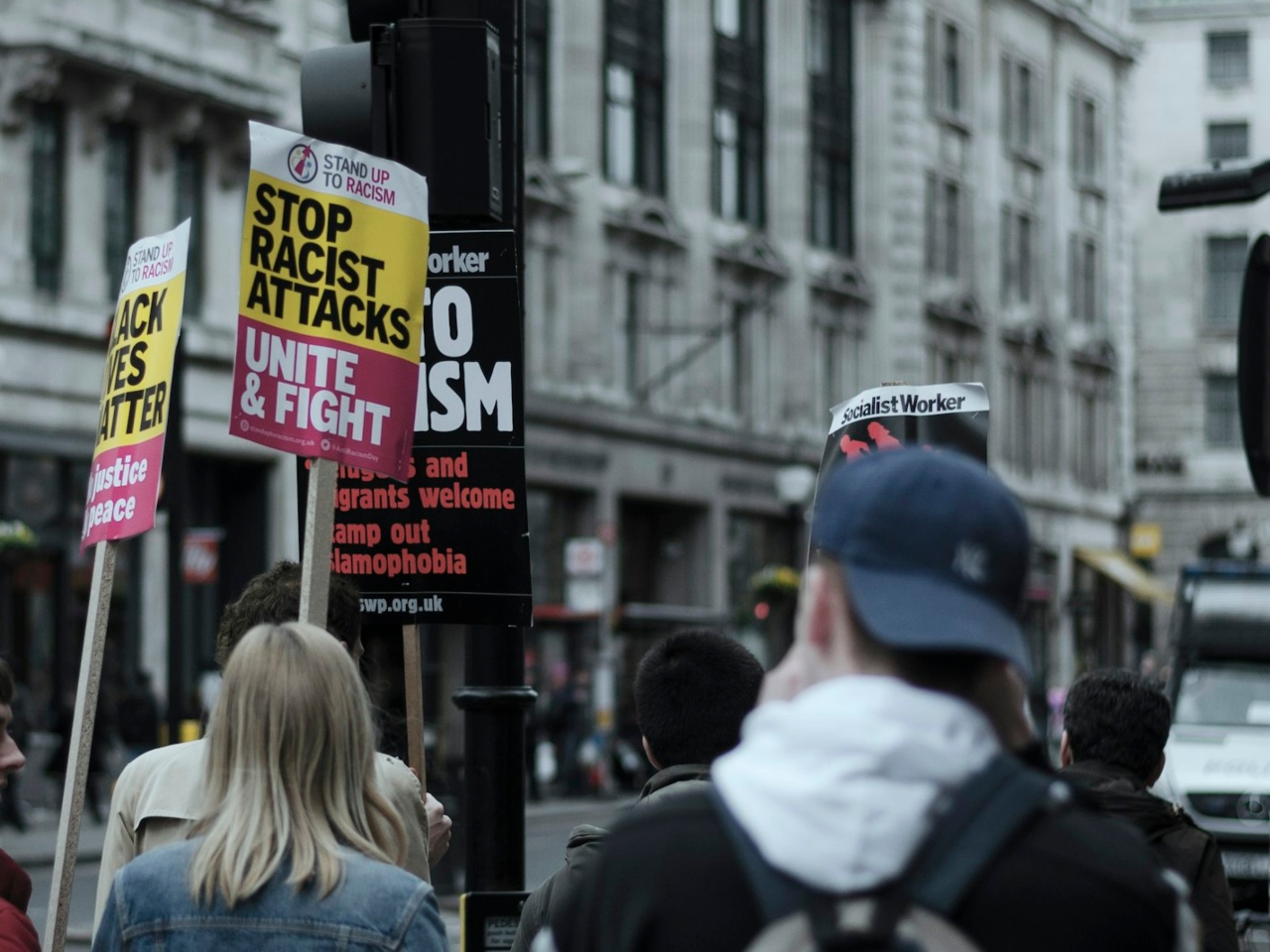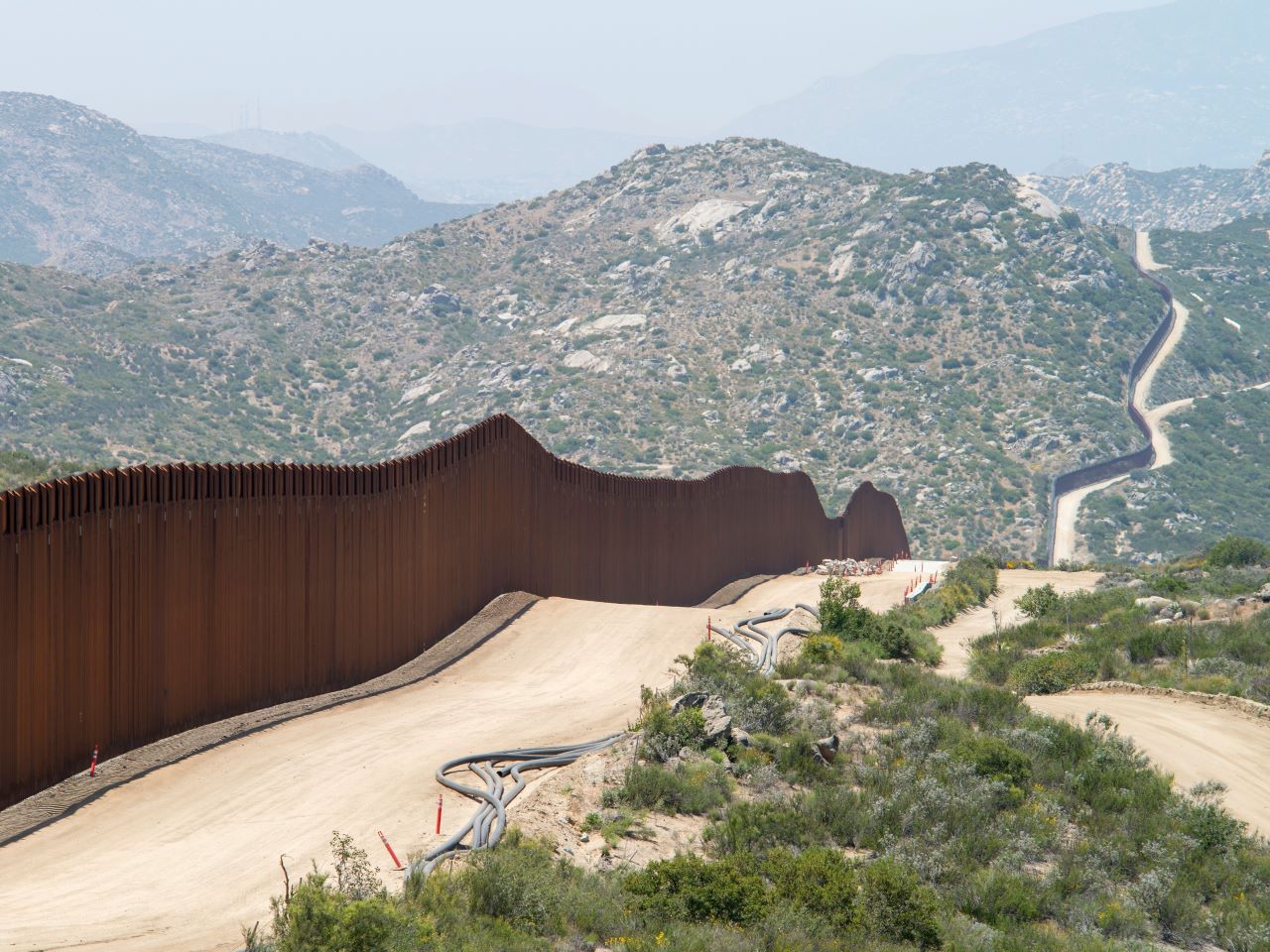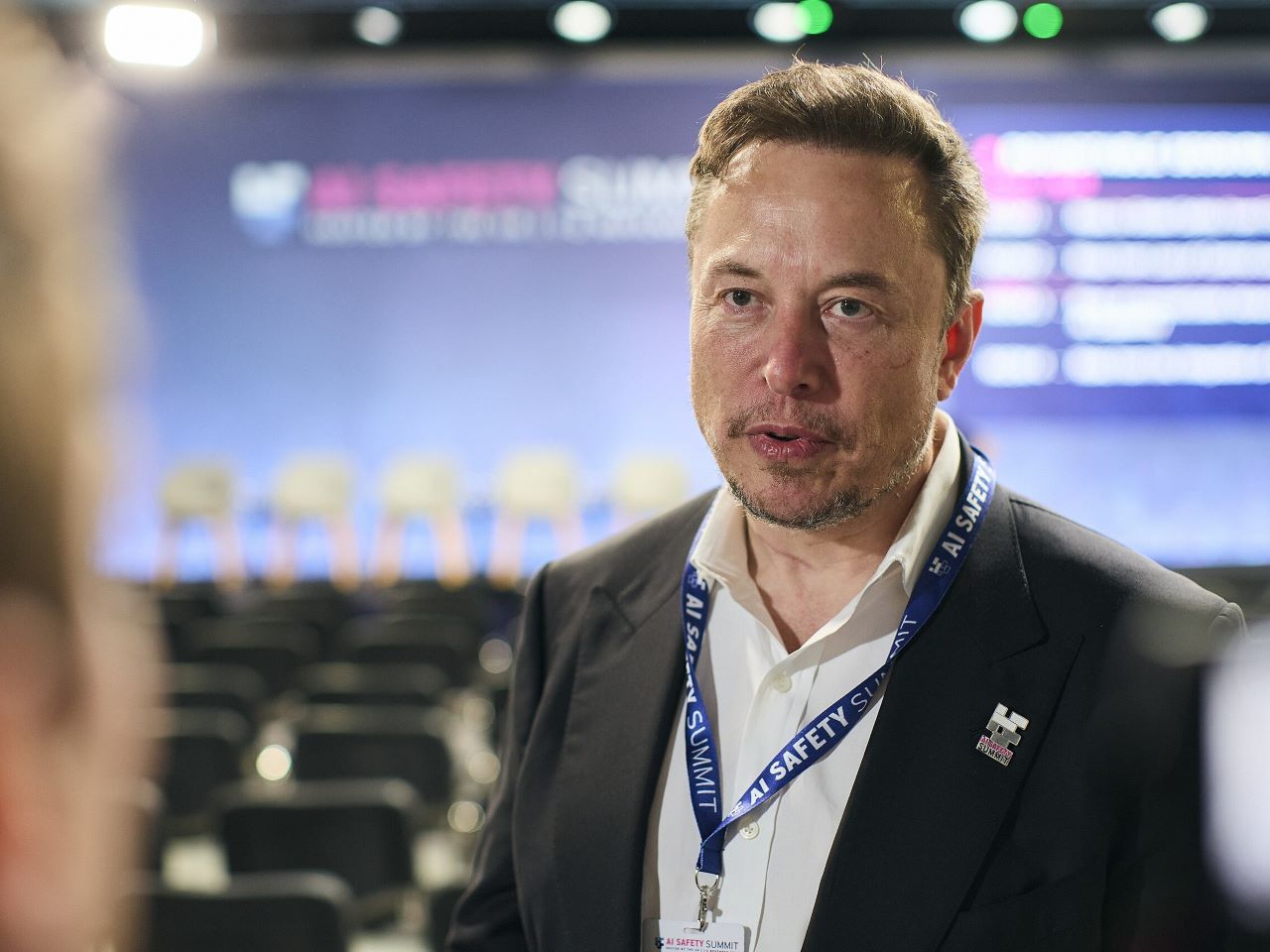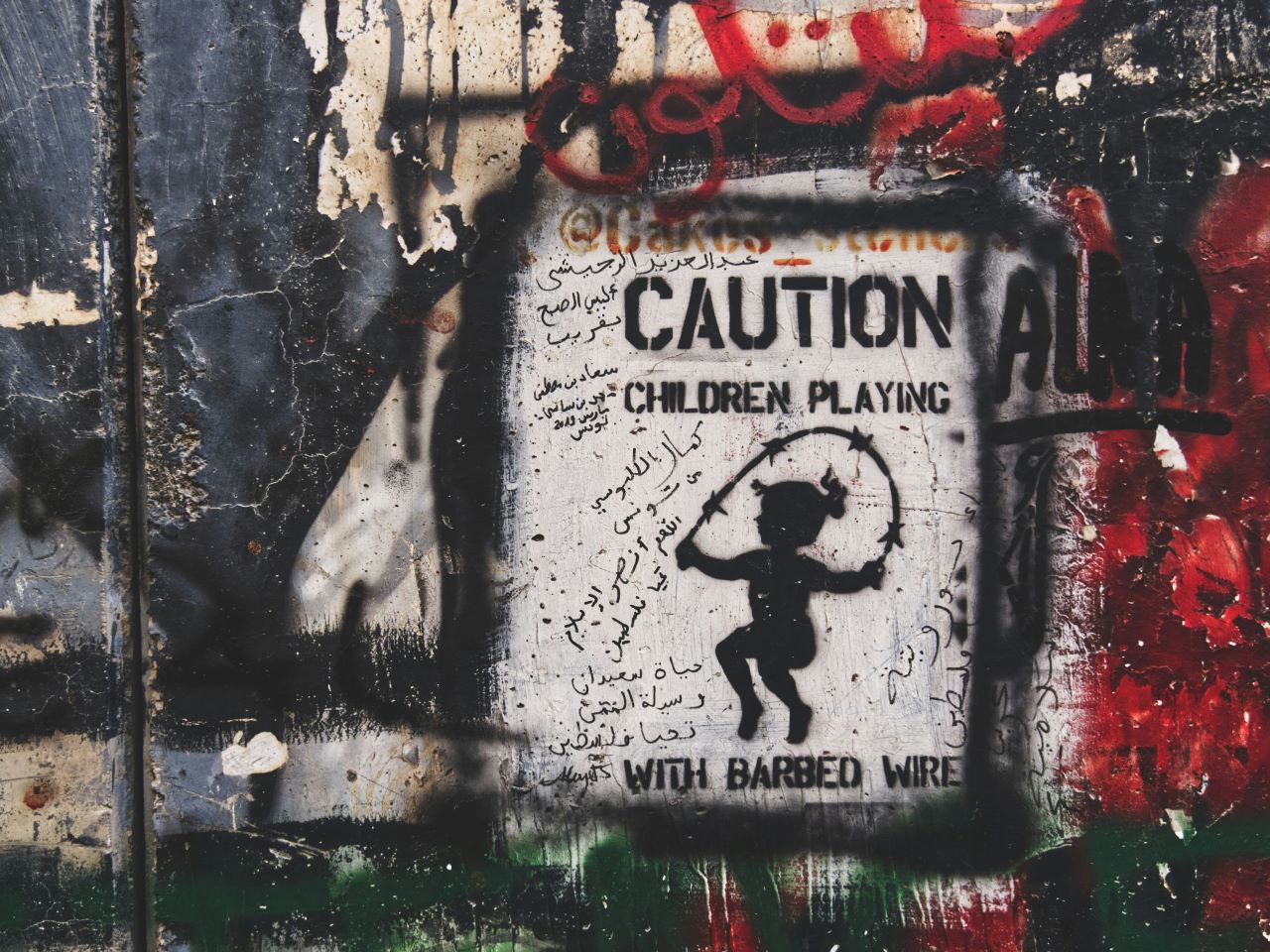Why is the Opioid Epidemic NOT a TOP global priority?
Stretching across continents like an unstoppable force, this is a harrowing tale of human suffering. From Australia to Africa, no part of the world is spared, representing a catastrophic failure of governance and global priorities.
- 2 years ago
May 13, 2024
The opioid crisis has emerged in recent years as the public health crisis of our time. It impacts communities and individuals from all walks of life. The addiction to opioids does not discriminate by age, gender, or socioeconomic status.
This global crisis encompasses the misuse of and addiction to prescription and illicit opioids, adding fuel to an already raging fire. Oxycodone, hydrocodone, morphine, and fentanyl when used responsibly, alleviate severe pain, and improve quality of life for patients. The misuse of these substances, however, has tragically and significantly increased overdose deaths.
In 2019, nearly 600,000 people died due to drug use around the globe. According to WHO, 80 percent were related to opioids and 25 percent were caused by opioid overdose. In 2023, the U.S. saw a record high of about 112,000 overdose deaths, marking the deadliest year in the nation’s history on this front. Heartbreakingly, teenage fatalities doubled between 2019 and 2021, with many linked to fentanyl (a synthetic opioid 50 times more potent than heroine). In fact, more than 1,500 Americans lose their lives weekly due to opioid use.
In neighboring Canada, the number of deaths linked to opioids also surged. This worldwide pattern worsened with the Covid-19 Pandemic. From January 2016 through September 2023, there were 42,494 documented fatalities attributed to opioid poisoning in Canada. From January to September 2023, 20 to 59-year-olds accounted for 88 percent of those deaths, and fentanyl was involved in 82 percent of them.
What lies at the heart of this crisis?
Alarmingly, the Stanford-Lancet Commission on the North American Opioid Crisis reports that without immediate intervention, an estimated 1.2 million people in the U.S. and Canada will succumb to opioid overdoses by the end of the decade.
Stretching across continents like an unstoppable force, this is a harrowing tale of human suffering. From Australia to Africa, no part of the world is spared, representing a catastrophic failure of governance and global priorities.
Consequently, the opioid crisis inflicts significant damage on the economy, poses a threat to national security, and exacts substantial challenges in foreign policy. Why, despite concerted efforts, have nations struggled to wrestle it into submission? And why, amidst the chaos, has it not been prioritized? This crisis should be a top priority and take center stage in the foreign policies of every nation and health-related NGO.
A significant portion of the fentanyl used illicitly in the U.S. & Canada originates from overseas production. The global production of synthetic opioids is predominantly linked to a handful of nations, including China, India, Mexico, and Russia. The production process typically starts in China, the main source of precursor chemicals required to create fentanyl. These ingredients are frequently acquired by Mexican drug cartels. The cartels then traffic the majority of fentanyl into the U.S. via the southern border.
China’s government subsidies incentivize companies trafficking illicit synthetic drugs like fentanyl precursors, provided they are sold outside China. This raises concerns about domestic control versus export incentives. Nonetheless in willful blindness, the Chinese government has repeatedly stated that they have no knowledge of the illegal drug trade or any involvement in subsidizing the production of fentanyl precursors.
The source of the problem
Despite China’s 2019 ban on fentanyl production and sales, a year after the ban, sellers used online platforms to brazenly market fentanyl analogs and precursors. According to an NPR investigation and research by the Center for Advanced Defense Studies, these sellers ship their products directly to buyers in the U.S., Europe, and to Mexican drug cartels.
Mexican Transnational Criminal Organizations (TCOs) have ramped up production of fentanyl and counterfeit pills, using advanced underground labs. The Drug Enforcement Administration (DEA), in collaboration with Mexican authorities, disrupted several fentanyl manufacturing and distribution networks in 2018 and 2019. As a result, U.S. drug control policy focuses extensively on Mexico and specifically on synthetic opioid production and trafficking. Efforts include targeting the diversion of precursor chemicals and emphasizing public health considerations.
Similarly, India exports fentanyl and tramadol to the U.S., with tramadol posing a growing concern. Unlike other countries, India has not classified fentanyl and most opioids as controlled substances, easing their production and export. In regions like the Middle East and Africa, India is the main supplier of tramadol.
India’s strategy to address the crisis includes prevention, cure, and stringent control through three regulations: the Narcotic Drugs and Psychotropic Substances (NDPS) Act of 1985, Policy 2012, and the Drug De-Addiction Program (DDAP). The NDPS Act prohibits cultivation, production, sale, purchase, trade, import, export, use, and consumption of psychotropics and narcotics except for scientific and medical purposes.
Unlike Mexico, India’s approach places historic emphasis on the legal cultivation of opium poppy for medicinal and scientific purposes under strict government oversight, making it a leading global producer for the medical market.
Are nations doing enough?
In terms of foreign policy, the Biden administration revitalized U.S. drug control collaboration with China following a November 2023 summit. The U.S. sanctioned individuals and indicted companies from China for their involvement in illegal drug trafficking. In September 2023, President Biden formally designated China as a major illicit drug-transit and producing country.
Moreover, the U.S. and Mexico work together through shared intelligence, law enforcement cooperation, and joint operations. The U.S.-Mexico Bicentennial Framework for Security, Public Health, and Safe Communities is key to this effort, focusing on public health and safety by thwarting criminal groups and modernizing border security.
International organizations also assist nations in confronting the opioid crisis. In 2018, the United Nations Office on Drugs and Crime (UNODC) initiated the Opioid Strategy. Recognizing the escalating complexity of the issue, the UNODC introduced the Synthetic Drug Strategy in 2021. This comprehensive plan involves collaboration with international and regional organizations to pool resources and expertise.
Yet, even with these efforts, the opioid epidemic still lacks proper global attention when you consider all the lives lost to this scourge. Resource-constrained, developing nations struggle to play a role in bringing the matter to the forefront. Meanwhile, developed nations directly involved in production and distribution seem not to be as concerned in developing expansive foreign policy.
The global struggle against opioids remains hindered by regulatory shortcomings, the dynamic drug trade, insufficient treatment options, unequal healthcare systems, and lack of resources. To tackle these challenges, a unified and diverse global strategy is not only critical but essential.
We need to prioritize and emphasize the importance of this epidemic with more rigorous regulation, better data gathering, broader treatment availability, and global cooperation. Through unity and greater awareness, we can only hope to alleviate the harms caused by opioids and protect the health of communities around the world.








